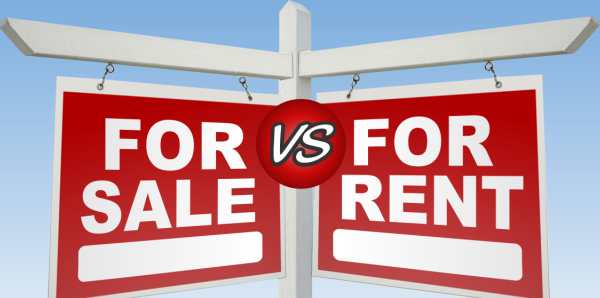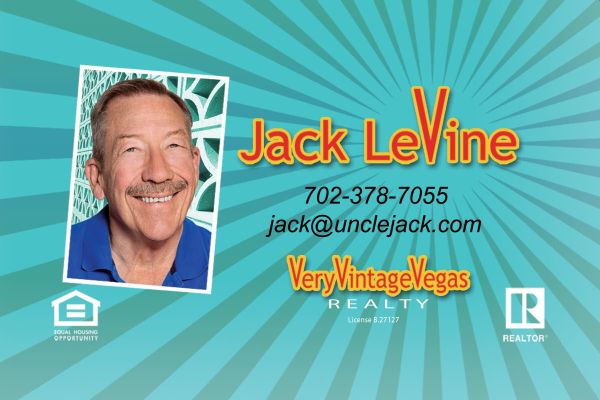How to get approved as a self-employed home buyer


 Self-employed home buyers are common today
Self-employed home buyers are common today
According to Gallup, nearly a third of all Americans are self-employed in some capacity. That means a large share of U.S. homebuyers is using self-employment income to get mortgage-approved.
While this can be a bit more challenging than buying a home with ‘traditional’ income, the extra hurdles are nothing self-employed buyers can’t overcome.
If you know what to expect and have the right paperwork in order, being self-employed shouldn’t get in the way of your plans as a first-time homebuyer.
No W2s needed for self-employed borrowers
A mortgage lender’s main job is to verify your ‘ability to repay a mortgage loan.
Lenders look at credit, income, employment, and ongoing debts to gauge their ability to make monthly mortgage payments. If the underwriter can verify your cash flow and budget are stable enough to support a mortgage, you can probably get approved to buy a home.
Historically, documenting your income meant providing W2 forms and paystubs. But that posed a problem for self-employed applicants who don’t have such documents.
Luckily, the Dodd-Frank Act of 2010 opened up home buying opportunities for self-employed home buyers.
The Act states that lenders can verify income and assets using “the consumers… W–2, tax returns, payroll receipts, financial institution records, or other third-party documents that provide reasonably reliable evidence of the consumer’s income or assets.”
That means you don’t need ‘standard’ tax forms or paystubs to get approved.
Today, lenders can accept personal tax returns, business tax returns, and even bank statements as proof of your ability to repay the loan.
The trick is figuring out which strategy will make it easiest for you to get approved.
Types of mortgages for self-employed first-time homebuyers
There are plenty of borrowing options available today for self-employed home buyers.
You don’t need to use a ‘specialty’ home loan — and in fact, most self-employed buyers end up using one of the common loan types available to everyone.
But, if your needs are a little different, a specialized self-employed mortgage might suit you. Here’s what you should know.
Standard mortgage programs
‘Standard’ mortgage loans available to all home buyers are also available to self-employed borrowers. These include conventional loans (backed by Fannie Mae and Freddie Mac), FHA loans, VA loans, USDA loans, and jumbo loans.
All major loan types require at least two years of self-employment history to qualify.
However, many lenders and loan programs are flexible. You can often get approved with only one year of self-employment history, as long as you worked 2 prior years in a related field and earned a comparable or greater income.
The best mortgage for you will depend on your goals.
For instance, do you have good credit, 20% down, and want to avoid mortgage insurance? Then a conventional mortgage is best.
A government-backed loan (FHA, VA, or USDA) is often better if you need looser eligibility requirements.
FHA loans allow a credit score as low as 580 and are more flexible about credit history. If you qualify for VA or USDA financing, no down payment is required.
Bank statement mortgages
Often, the big challenge for self-employed borrowers is not whether they can get a mortgage but how much they can get approved for.
That’s because mortgage lenders only count taxable income on your mortgage application. And self-employed workers — as you likely know — tend to write off as many of their business expenses as possible.
While large write-offs can save you money at tax time, they might hurt your home buying prospects.
When a lender looks at your tax returns, your income could look smaller than it really is. And that means you might qualify for a smaller loan amount than you can truly afford.
Enter the ‘bank statement loan.’
Bank statement mortgages were created as an alternative solution for self-employed home buyers with large tax write-offs. Instead of qualifying based on your tax returns, these loans allow you to qualify using ‘real’ income shown on your bank statements.
Bank statement lenders typically look at your past 12-24 months’ worth of bank statements to find your average monthly income, which could be greater than the income shown on your tax returns.
However, there’s a downside.
Bank statement loans are considered non-qualified mortgages (Non-QMs). As such, they’re not available from all lenders and often have significantly higher rates than the standard mortgage loans discussed above.
Thanks to their lower interest rates, first-time self-employed buyers often prefer conventional or government-backed mortgages over bank statement loans.
Eligibility requirements for self-employed borrowers
Self-employed borrowers will document their income differently than W2 employees. But aside from that, you have to meet the same requirements to buy a house as anyone else.
Typical eligibility requirements to get a mortgage include:
|
The upfront cash requirement can be a big obstacle for first-time homebuyers.
Although many can get a loan with just 3% down, closing costs add another 2-5% — bringing your total upfront costs to at least 5-8% out of pocket.
Luckily, there are creative ways to cover your down payment and upfront fees if your savings account is a little thin.
Lenders will accept cash down payment gifts or funds from down payment assistance programs. And many offer lender credits, which allow the lender to pay your closing costs. (Though in exchange, you’ll pay a higher interest rate.)
The point is that lenders are flexible, and it’s often easier to get approved for a mortgage than first-time buyers expect.
Challenges for first-time buyers who are self-employed
Today, real estate financing is more widely available than it used to be. But, unfortunately, the COVID pandemic has introduced some new challenges for self-employed applicants.
Coronavirus has been especially difficult for self-employed workers in the gig economy. With employment prospects uncertain, lenders have become more restrictive about offering to finance self-employed borrowers.
If you’re in a field that was strongly impacted by pandemic shutdowns — for instance, events or hospitality — you might find it more difficult to get approved right now.
And if you were recently unemployed, you’ll have to wait until you’re back in a stable job to get financing.
But, if you’ve stayed employed throughout the pandemic, you should still be able to get a mortgage. If you’re qualified, financing options are out there. And as vaccinations continue and the economy recharges, things should become easier.
The information contained, and the opinions expressed, in this article are not intended to be construed as investment advice. Very Vintage Vegas does not guarantee or warrant the accuracy or completeness of the information or opinions contained herein. Nothing herein should be construed as investment advice. You should always conduct your own research and due diligence and obtain professional advice before making any investment decision. Very Vintage Vegas, will not be liable for any loss or damage caused by your reliance on the information or opinions contained herein.



